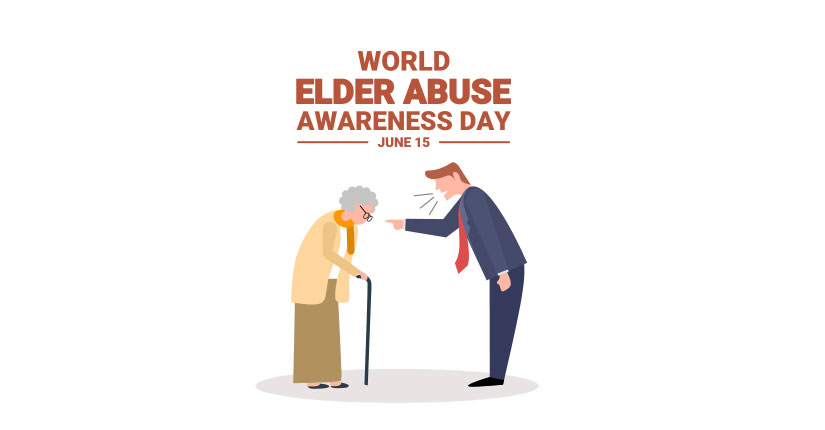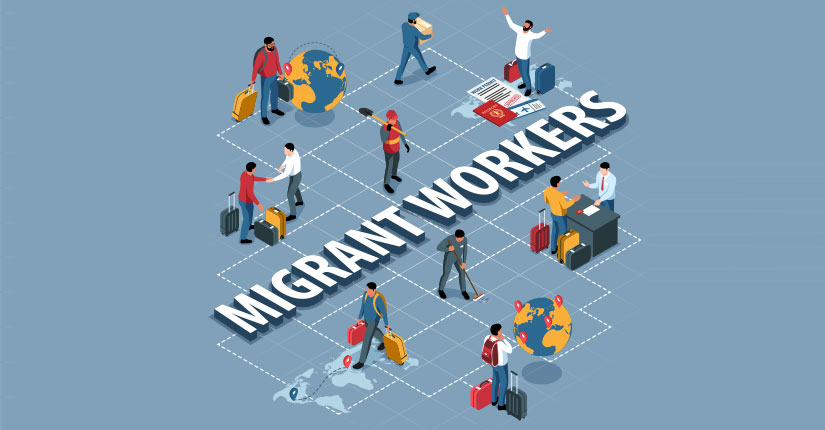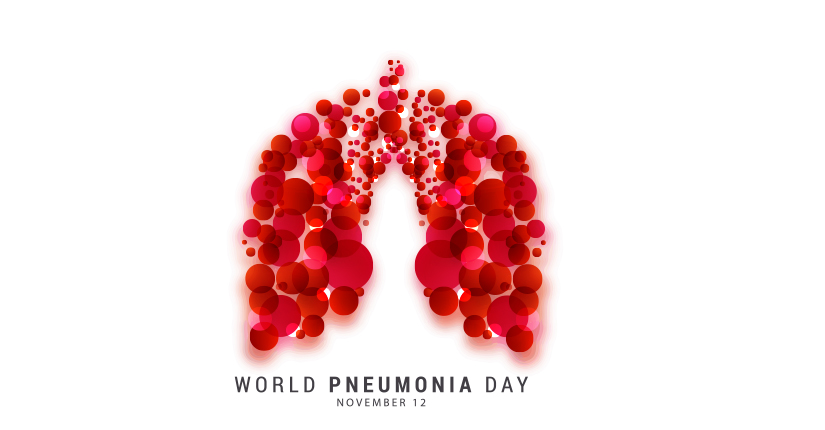WHO Tweeted That 1 in 6 Older People Are Abused Every Year
By Nmami Agarwal 22-Jun 2022 Reading Time: 4 Mins

The abuse of older people, also known as elder abuse, is a single or repeated act, or lack of appropriate action, occurring within any relationship where there is an expectation of trust, which causes harm or distress to an older person. This type of violence constitutes a violation of human rights and includes physical, sexual, psychological, and emotional abuse; financial and material abuse; abandonment; neglect; and serious loss of dignity and respect.
Globally, the number of cases of elder abuse is projected to increase as many countries have rapidly aging populations. Even if the proportion of victims of abuse of older people remains constant, the global number of victims will increase rapidly due to population aging, growing to some 320 million victims by 2050, as the global population of people aged 60 years and more increases to 2 billion by 2050.
Abuse of older people can have serious physical and mental health, financial, and social consequences, including, for instance, physical injuries, premature mortality, depression, cognitive decline, financial devastation and placement in nursing homes. For older people, the consequences of abuse can be especially serious and recovery may take longer.
Risk Factors:
Individual-level characteristics which increase the risk of becoming a victim of abuse include functional dependence/disability, poor physical health, cognitive impairment, poor mental health, and low income. Individual-level characteristics which increase the risk of becoming a perpetrator of abuse include mental illness, substance abuse, and dependency – often financial – of the abuser on the victim. At the relationship level, the type of relationship and marital status may be associated with an elevated risk of abuse, but these factors vary by country and region. Community- and societal-level factors linked to elder abuse may include ageism against older people and certain cultural norms.
Prevention:
Many strategies have been tried to prevent and respond to abuse of older people, but evidence for the effectiveness of most of these interventions is limited at present. Strategies considered most promising include caregiver interventions, which provide services to relieve the burden of caregiving; money management programs for older adults vulnerable to financial exploitation; helplines and emergency shelters; and multi-disciplinary teams, as the responses required often cut across many systems, including criminal justice, health care, mental health care, adults protective services and long-term care.
Over To You:
Globally, the number of cases of elder abuse is projected to increase as many countries have rapidly aging populations. Social support and living alone reduce the likelihood of elder abuse.





















